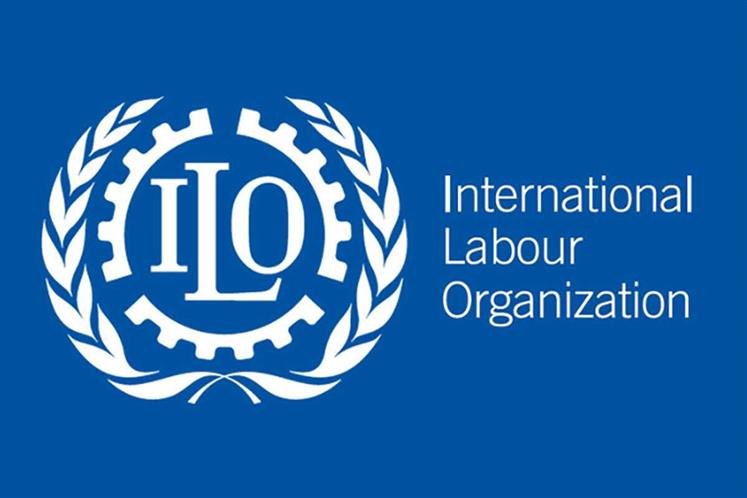To ILO Director-General Gilbert F. Houngbo, such conditions must be at the forefront of actions to tackle current economic and social situation.
Other priority policies include investments in social protection and productive employment through the Global Accelerator on Jobs and Social Protection for Just Transitions.
Houngbo recalled that the Global Accelerator aims to galvanize the creation of 400 million jobs, including in the green, digital and care economies, and the extension of adequate social protection to the four billion people currently with no coverage.
This would support a shift to a pro-active approach to managing economic, social and environmental crises, and the just transition required to deal with climate change. “At this challenging time, it is essential that we seize the initiative and shape the future so that it delivers a better, more equitable and sustainable world that will also contribute to lasting peace,” the ILO head said.
In his written statement to the joint World Bank-IMF Development Committee, Houngbo noted that increasing productive employment was pivotal to reduce inequality.
He added that greater formalization of employment was also necessary to improve business productivity and sustainability, promote decent work, and give governments more financial resources to address poverty and inequality.
Long-term policies to tackle persistent large gender gaps, including in pay, pensions and job quality, were also needed.
Constrained by rising debt burdens and shrinking fiscal space, many nations now face a daunting policy landscape, and he called for a new collective effort to better manage and ultimately exit these crises and prevent future ones.
This included increasing social investment in skills development and care, addressing labor market inequalities, and raising the levels of social protection benefits and wages to maintain living standards in the face of rising inflation.
Pll/rgh/crc









